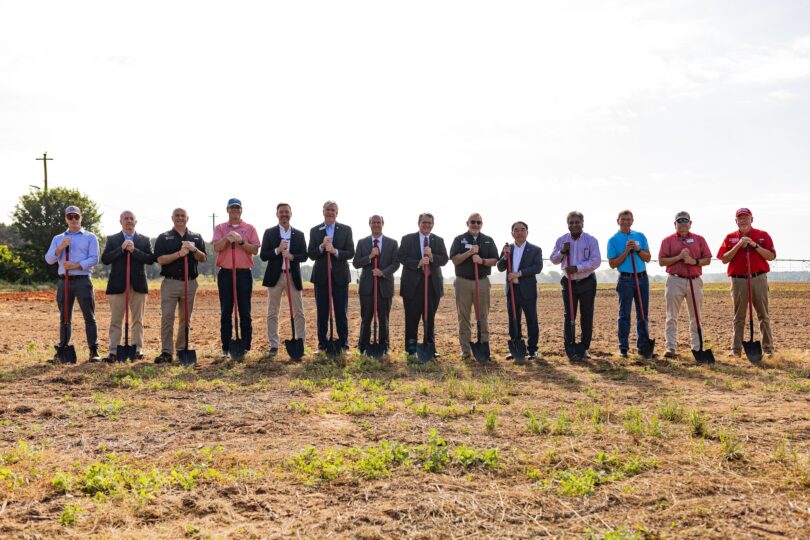University of Georgia
A Katrina-like hurricane will strike Georgia, causing many deaths, major disruptions of lives and billions of dollars in damages, lost economic growth and tax revenues. The only question is when.
Georgia has been lucky for more than a century, being spared the ravages of a major hurricane (category 3 or higher). However, in the 1800s, six major hurricanes devastated the Georgia coast, killing thousands.
Don't believe myths
There are three major myths about Georgia and hurricanes. The first is that a hurricane has never struck Georgia. Not only did major hurricanes strike the state in the 1800s, at least four category 1 or 2 hurricanes struck in the 1900s.
The second myth is that the shape of the coast protects the state and that hurricanes turn away before striking Georgia.
The major feature that determines a hurricane's path as it nears the state is the subtropical high-pressure system commonly called the Bermuda High. If a hurricane turns before reaching Georgia, we're simply lucky.
The shape of the Georgia coast and the size and slope of the continental shelf actually makes coastal Georgia one of worst places for storm surge in the United States.
The third great myth about Georgia and hurricanes is that the Gulf Stream protects the state. In reality, as a hurricane transverses the Gulf Stream, it's expected to strengthen. The Gulf Stream is an energy source for tropical storms.
Biggest killer
Storm surge along the Georgia coast can be extreme. It will probably be the major source of property damage and loss of life.
In 2005, a UGA engineering class in coastal meteorology ran a storm surge model using data from Katrina. The result was within a foot of the final storm surge along the Mississippi Gulf coast. And Katrina was a category 3 storm when it hit Mississippi.
Running the model for the Georgia coast shows that a Katrina-like storm would result in a 20- to 30-foot storm surge.
A storm surge of this magnitude would wash over the barrier islands and lead to massive flooding along the coast. Almost all of Georgia east of I-95 will be under water with a category 3 hurricane. Areas west of I-95 will see major flooding, too.
With a category 4 or 5 storm, flooding will be more extreme. Coastal county emergency management agencies, as well as the Georgia Emergency Management Agency, have storm surge maps for the coast.
The probability of a major hurricane is low in any given year. But the impact will be catastrophic. Planning well ahead, while needed supplies are readily available, is imperative.
The most important preparations:
Have an all-hazards kit that will let your family survive up to seven days without electricity or added food or water. Include at least 1 gallon of bottled water per person per day.
Know your county emergency plan and follow it. If you're asked to evacuate, do it. If you're not asked to leave, stay where you are. Keep the roads free for those who must get out of harm's way.
Buy federal flood insurance. The entire state is vulnerable to flooding, and if you don't have federal flood insurance, you're probably not covered for water and flood damage. It takes 30 days for a policy to cover flood damage, so if you don't already have it, don't wait.
Secure your home with properly installed wind shutters for doors and windows. Taping windows is a waste of time. Use either plywood or manufactured shutters.
For more information, check these sources:
- All-hazards kit: www.nhc.noaa.gov/HAW2/english/prepare/supply_kit.shtml.
- Flood insurance: your insurance agent or www.floodsmart.gov, 1-888-CALL-FLOOD (extension 445) or TDD 1-800-427-5593.
- Securing your home: www.nhc.noaa.gov/HAW2/english/retrofit/secure_home.shtml.
- Plans to make: www.nhc.noaa.gov/HAW2/english/disaster_prevention.shtml.
- Actions to take: www.nhc.noaa.gov/HAW2/english/action.shtml.
(David Emory Stooksbury is the state climatologist and a professor of engineering and atmospheric sciences in the University of Georgia College of Agricultural and Environmental Sciences.)






